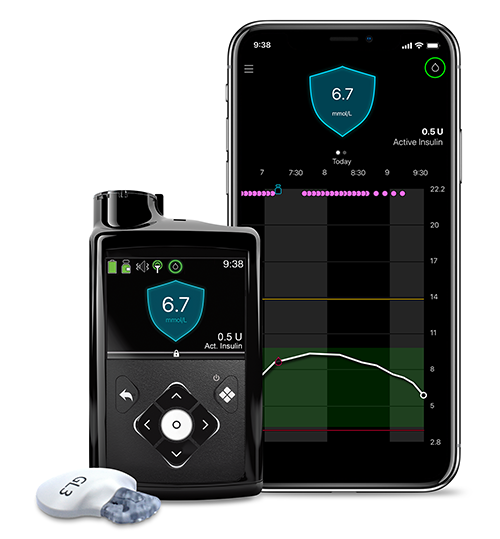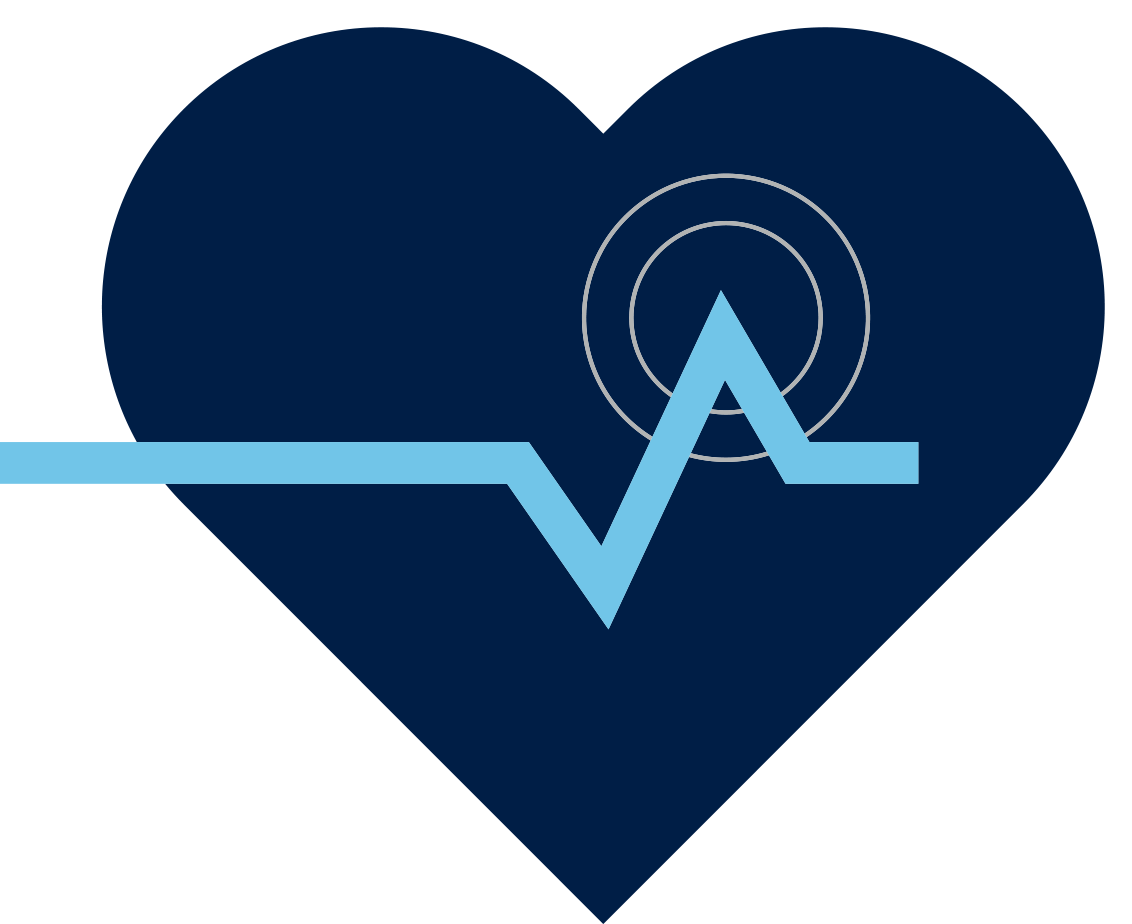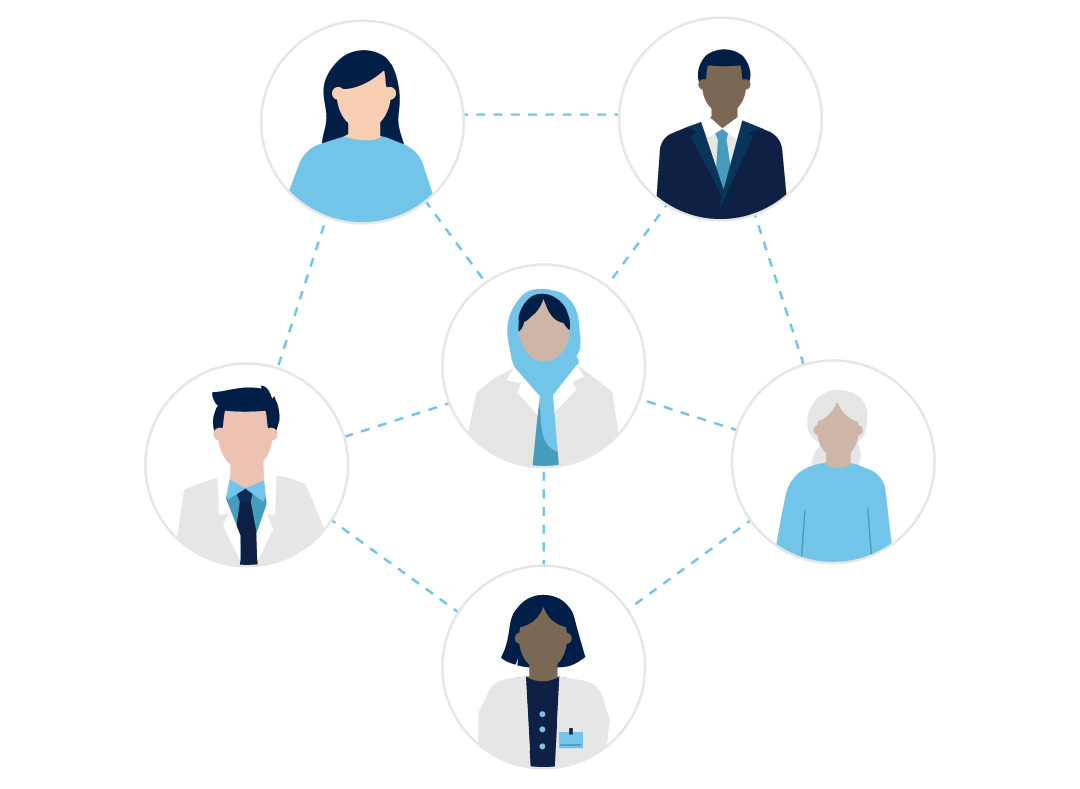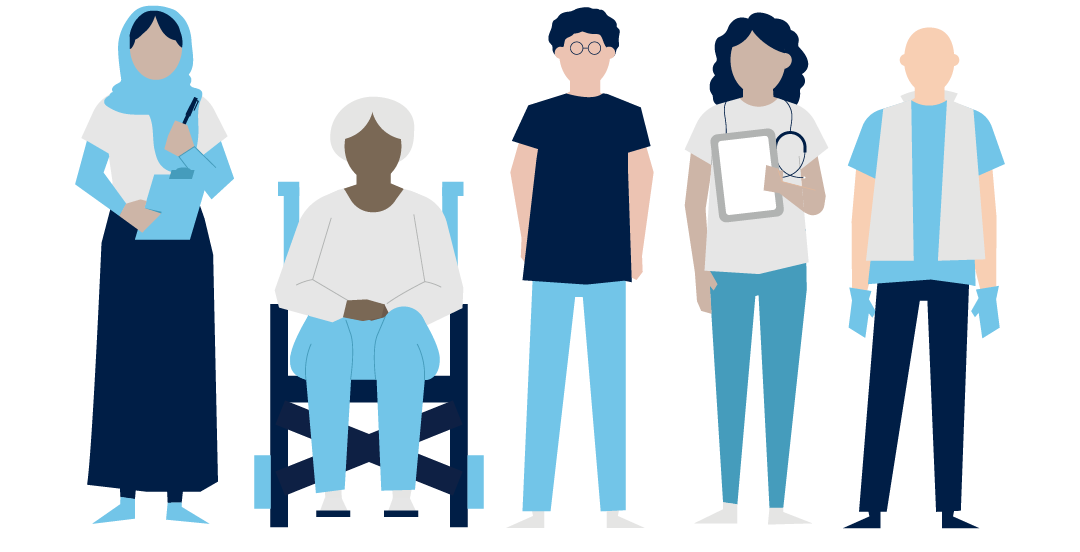
Stories
Access to CGM Changing Lives of Type 1 Diabetes Patients
Two generations of Type 1 Diabetes patients benefitting from the life-changing impact of continuous glucose monitoring (CGM) devices.
After living with Type 1 Diabetes (T1D) for nearly her entire life, 36-year-old Deanne Antoine felt like she could live normally after obtaining a CGM device two years ago.
Deanne, a resident of Kitchener, Ontario, spent every day for 28 years of her life counting carbohydrates, completing finger pricks throughout the day and night, and manually adjusting her insulin levels.
“Being diagnosed at such a young age, it just becomes such a part of you that it doesn’t seem challenging. But then when you stop and take a look at what you do every day, you realize, wow, I manage a lot.”
Managing her diabetes became even more critical when Deanne became pregnant with her daughter, Naomi. During that time, she had to be extra cautious, ensuring she was keeping herself and her baby healthy. That included consistently checking to ensure her blood sugar levels were within a healthy range.
“I would get up in the night to test myself to make sure I was doing okay, and there were just a lot of unknowns. You’re praying and hoping that you make it through the night without having low blood sugar because you just don’t know.”
While the CGM technology was available to support measuring blood sugar levels and reduce testing requirements, like many Ontarians with T1D, Deanne could not afford it. That was until a group of friends and family decided she should no longer have to live in that condition. In 2020 this group of friends and family came together with monetary gift for a Medtronic CGM device to help manage her diabetes.
“I was able to see my blood sugar levels on my pump, which was amazing and incredible because I’ve never had that experience before… it can just automatically tell where your levels are, and it will correct your levels throughout the day and throughout the night.”
Deanne’s struggle with diabetes did not end there, however. Last July, her now three-year-old daughter was also diagnosed with T1D. While Deanne is happy that her daughter has someone to relate to as she grows up with diabetes, something she did not have growing up, she is consistently worried about her daughter. Naomi is still developing her ability to communicate how she is feeling, making it difficult to determine when she is facing highs and lows.
“I was waking up every night at 3 a.m. to check her blood sugar, and then finally the nurse told me that I didn't have to wake up every night - but as a mom, you’re just scared all the time.”
In November 2020, five months after Naomi’s diagnosis, the family became eligible for the same CGM pump her mother has through the CGM access program offered by Medtronic. Now, with Naomi using CGM technology, Deanne receives an alert to wake her up at night if Naomi's blood sugar is low. This is a huge relief and life-changing for both mother and daughter.
Deanne and Naomi have a special relationship with their diabetes educator, Nicole Tarr, who has also lived with T1D for almost 40 years and has personally benefitted from and seen the significant impact advancements in diabetes care have. The technology allows people to take a more active approach to their diabetes care. It gives them freedom and flexibility, allowing them to live a life with less worry.
“They’re not having to think about their diabetes quite as often, quite as much as in the past without the technology.”
Nicole believes that this is particularly life-altering for parents of children with T1D, with Deanne and Naomi being a prime example of that.

“I think access to CGM, and hybrid closed-loop systems are really giving parents peace of mind knowing that there is something in place that is helping to keep their children safe. And for a lot of families, a lot of parents, it’s allowing them to sleep through the night again rather than frequently waking up throughout the night to check blood sugars and respond appropriately.”
Earlier this month the Government of Ontario became the latest province to provide financial support for CGM technology through the Assistive Devices Program (ADP). Those who are at “risk of severe hypoglycemia or who are unable to recognize, or communicate about, symptoms of hypoglycemia” are eligible for funding for a CGM device – including the Medtronic Guardian CGM System. With this announcement, more Ontarians will have access to CGM technology and the relief it provides.
To learn more about accessibility for CGM across Canada, see medtronicdiabetes.ca/CGMaccess.


